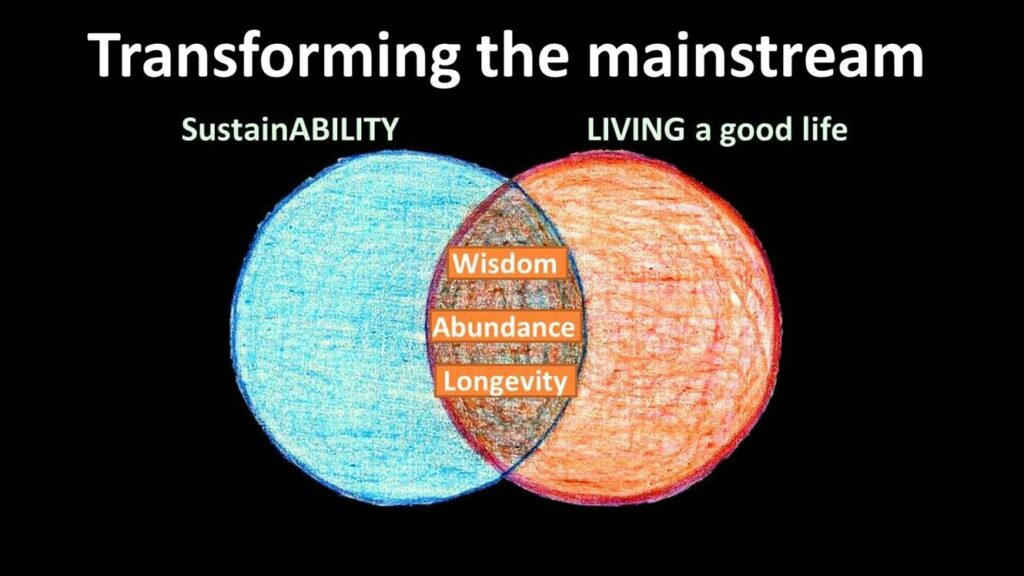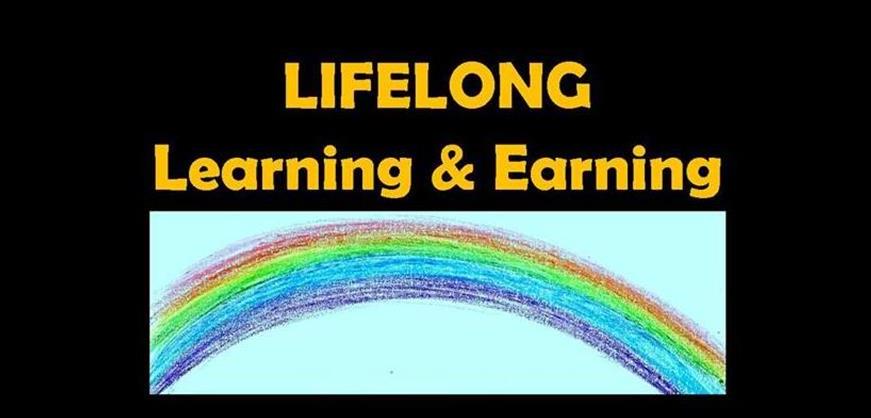We are navigating a longevity revolution. Life expectancy is growing fast. In 2018, for the first time in human history people aged more than sixty five were more than people aged less than five. Nowadays 703 million people in the world are aged 65 or older. By 2050, that number is projected to increase to a staggering 1.5 billion, according to the World Population Ageing 2019 Highlights recently released by UN DESA’s Population Division.
The report predicts that by the mid-point of this century, one in every six people in the world will be over the age 65, up from one in every 11 today. The number of people aged 80 or over is expected to grow even faster, tripling by 2050. Average global life expectancy at age 65 will have increased by 19 years by 2050.
All societies in the world are in the midst of this longevity revolution. Some are at its earlier stages and some are more advanced. But all will pass through this extraordinary transition.
This means, that more than ever, we need to avoid thinking the future from the past. This demographic transition is everywhere, confronting us with promising possibilities. It is in our hands to turn them into realities, particularly through our collective efforts, including the achievement of the Sustainable Development Goals (SDGs).
Each time we face a situation for the first time we pay careful attention to acknowledge it, to understand it, to figure out how to handle it.
With no doubt, this longevity revolution is extraordinary in human history. A new landscape is emerging in our societies transforming values, beliefs and lifestyles: labour and leisure, education and learning, health care and aging, and more, more, much more. The process involves every dimension of our individual and collective lives.
How we see ourselves and our expectations always shaped our world. Now every organization we interact with, for profit or non-for-profit, local or worldwide will need to adjust to the new realities. Be it business, finance, government or whatever, there are plenty of emerging opportunities that come with the incoming stream.
So much is at play. To begin with we have to question mainstream cultural assumptions, since a negative perspective is dominant. The extension of human life still tends to be regarded as an extension of a miserable stage of its cycle, and that implies the risk of misplacing efforts and results.
In Argentina, an Amable (friendly) Sociology propose to address the issue with a reflective approach on the phenomena to understand it in its complexity, aiming to avoid unnecessary suffering and contributing to the conceptualization oriented to nurture the common sense people apply in daily life, and so does the Economía Amable approach in its field.
The good news is that there are examples to rely on for inspiration. Far from the mainstream there are the so called “Blue zones”, where people live longer and healthier than anywhere else on earth. Three of them are small islands: Sardinia in Italy, Ikaria in Greece and Okinawa in Japan. One is a peninsula, Nicoya in Costa Rica, and the fifth, that some authors consider but others not, is the Adventist Community of Loma Linda in California.
In those areas centenarians usually live active medication free lives. The secret is lifestyle, basically a healthy diet, daily exercise and a purposeful low stress life in a friendly social environment. In the “blue zones” the sociocultural environment offers the appropriate support through values and beliefs that promotes longevity. For sure, the key is a constant enrichment for the body, mind and soul on daily basis.
Those areas offer lessons to transform the society’s mainstream culture, where the values and beliefs of the Industrial Era still gravitate heavily. Derived from a mechanistic chronological worldview people are regarded as biological machines that decay once they reach full adulthood, from there uselessness gradually sets in opening the doors to a feared image of decrepitude, and so it is natural to expect that the aged end up being a burden for their families and the society.
On the contrary, the Economia Amable has a life sustaining approach, bringing abundance from abundance. Regarding age, it recognizes the value of experience that nurtures mastery and wisdom, two key resources for knowledge and good decisions at the individual and collective level. The aged are valuable in a resourceful friendly economy!
In time we will recognize the value that still lies hidden beyond mainstream obsolete beliefs: more and more, there are four, five and even six generations simultaneously alive in our societies, interacting in constellations of experience!
We will learn to harness the richness potentially available in this resource, since we are moving towards a knowledge based society, in which individual and collective learning and wisdom is the driving energy that moves forward our evolutionary path, enabling longevity, while attaining sustainability and living a good life, in a diversity of cultural expressions.

What can we, as individuals, do?
- Maintain a healthy diet, appropriate to your nature, age and activity.
- Exercise regularly and do some physical work on a daily basis.
- Have fun, keep learning and share what you know.
- Contribute with your skills and abilities to your family and community.
- Even if you enjoy a pension, continue to labor in the way that fits best to you. Volunteering is an option.
Never retire! Be proactive promoting change! Celebrate life! Celebrate longevity!
Here related articles:
